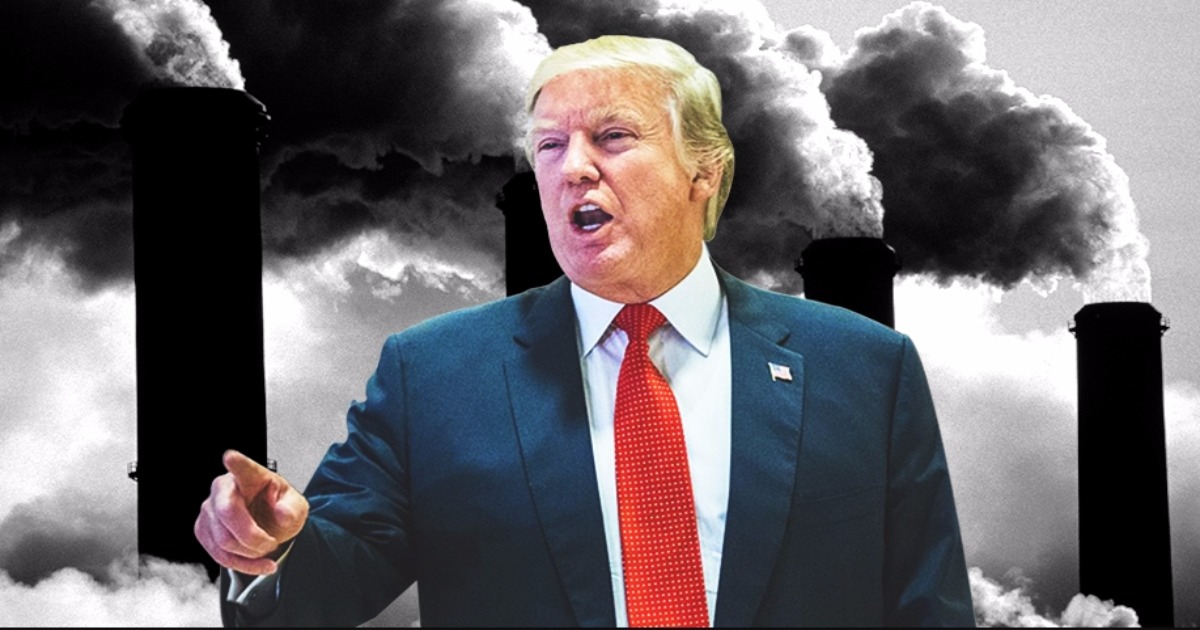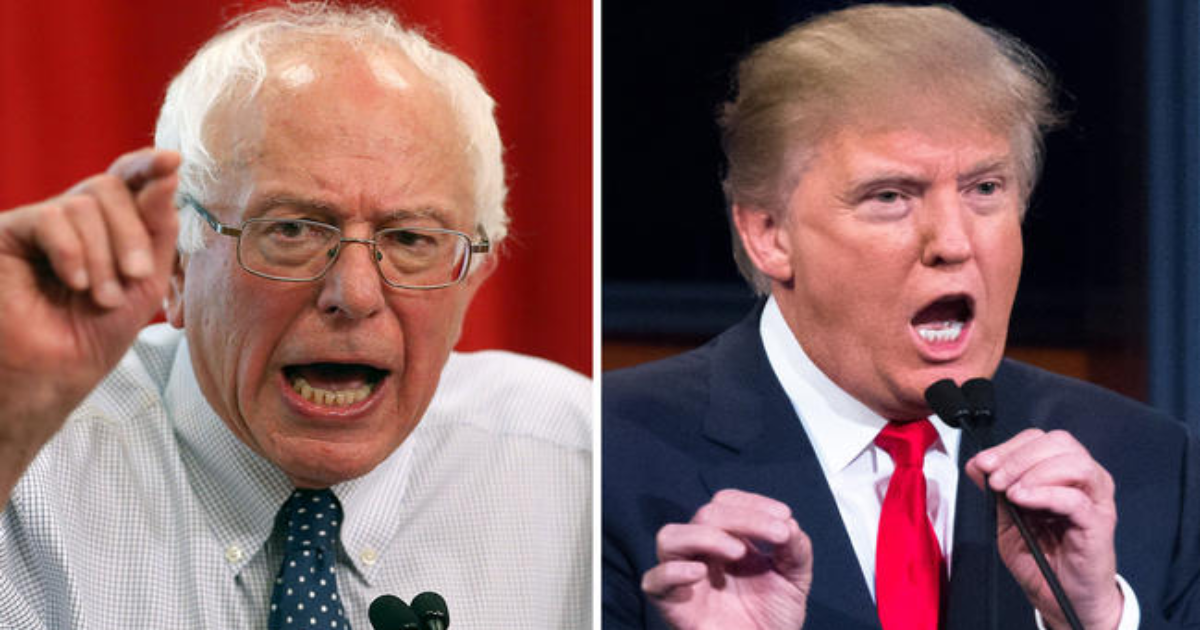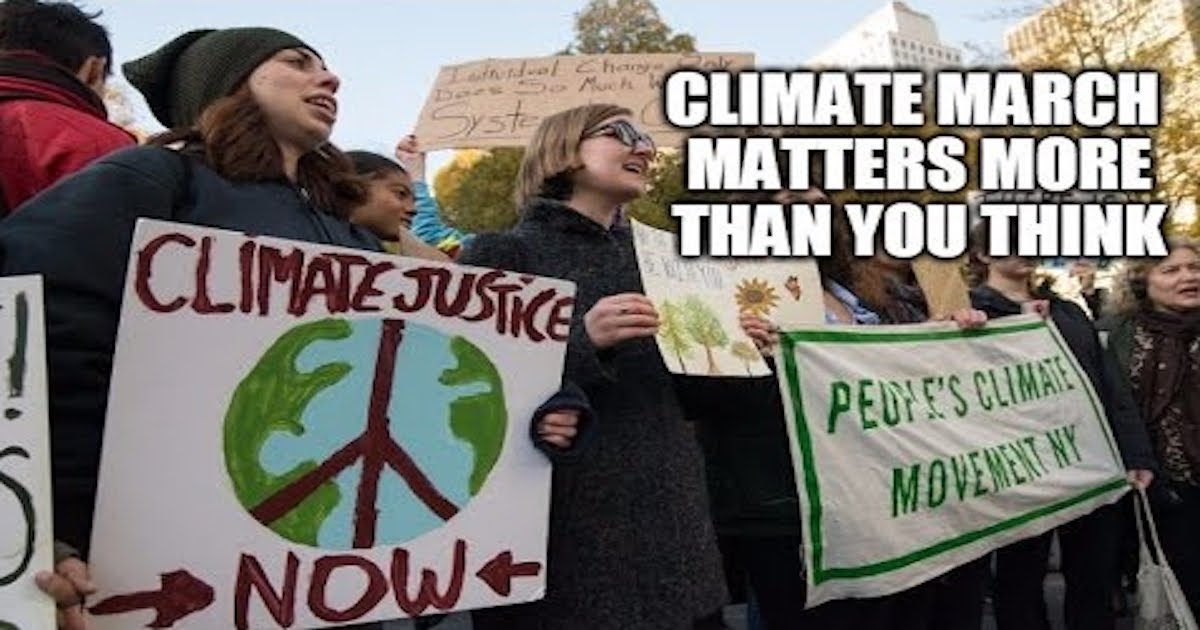With the news that President Trump will likely remove the United States from the Paris Climate Accord in the coming days, many are concerned about what the decision will mean for globally combating climate change and slowing the march of environmental decay.
Though the U.S.’s refusal to participate is troubling and signals a major step back for America, the Paris Climate Agreement may end up being better off without us, at least while we are ruled by an anti-science egomaniac.
President Trump signaled last week that he may be wavering on whether or not to remove the U.S. from the 2015 agreement initiated and led by President Obama. Advisers like Ivanka Trump and Jared Kushner were said to be advocating strongly in favor of remaining in the agreement, yet sources revealed that Trump had already made up his mind. Now, the President is expected to announce any day now that the U.S. will be taking a major step back from global leadership and forward progress to step out of the international agreement.
As the Atlantic noted in an article about the future of the agreement, the international promise to work on reducing emissions and take steps to fight climate change is just that – a promise. The agreement is not legally binding, nor could it be.
Because there is no way to legally bind multiple nations into the climate deal, the accord relies on gentle persuasion and reachable goals implemented over short and long terms. If the U.S. were to remain in the agreement but be led by a vocal and skeptical Trump, future goals may not be met and the entire agreement could eventually fall apart.
From that angle, it appears better that Trump should stay far away from the deal and allow nations who are committed to the science of climate change to chip away at the globe’s emissions.
Beyond that, Trump has made it clear that he has no plans to actually implement any domestic programs or restrictions to aid in the Paris Climate Accord’s goals. On the contrary, Trump has placed the money to be made in fossil fuels above all environmental goals, dismantling long-established rules and regulations in order to do so. Even if the U.S. were to technically remain in the accord, our behavior would not match that of our promise.
In a biting article by Luke Kemp, an Australian political scientist who has attended many of the climate negotiations, he notes that if the U.S. remains in the climate accord but fails to actually meet any of the benchmarks, it may dismantle the entire agreement entirely.
Think of it like this – if the U.S. shirks the goals and defiantly marches down the path of emissions and fossil fuels, will any other nation feel held accountable? What could the accord do to penalize America when the agreement is entirely reliant upon a system of gentle persuasion and cooperation? The answer is nothing, and that may cause the entire agreement to implode.
As much as it hurts to see that the U.S. is taking a major backseat to the biggest climate agreement in history, for the accord’s own sake, it may be best for us to just stay out of it.




